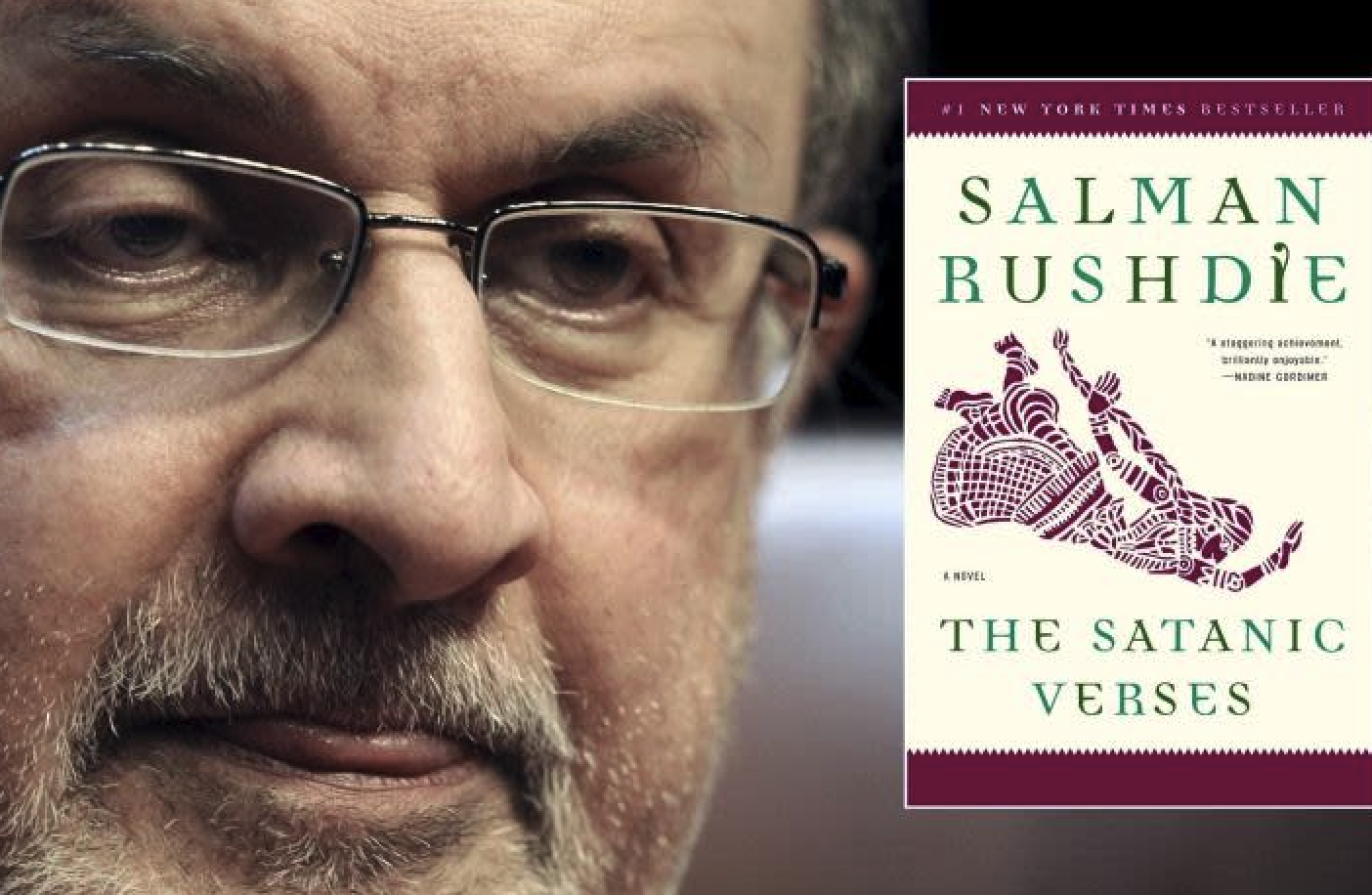The world’s largest organization of Muslims is campaigning for thorough worldwide reform of how to understand the faith’s religious law (Sharia) and applied jurisprudence (Fiqh).
Such an ambitious goal may seem unlikely and, to date, western media have given the effort minimal coverage. It’s time for that trend to change.
Far from some esoteric intellectual discourse, such a philosophical change could potentially affect the future of the world’s second-largest faith regarding democracy, blasphemy laws, human rights, education, the role of women, treatment of other religions, warfare, extremism, terrorism and crime and punishment.
The organization in question is Nahdlatul Ulama (NU, meaning Revival of Islamic Scholars) in Indonesia, the nation with the largest Muslim population. Consider these numbers from James M. Dorsey, a freelance writer and adjunct senior fellow in international studies at Singapore’s Nanyang Technological University: NU encompasses an estimated 90 million lay followers, tens of thousands of religious scholars, 44 universities and 18,000 lower schools.
NU upholds Sunni orthodoxy, but with a more tolerant tone than is customary in the Mideast. Its legal reform program was prominent during the massive February celebration of its 100th anniversary, analyzed in Dorsey’s March 31 Substack column. His article is a good starting point for journalists, but its opinionated viewpoint warrants careful follow-up interviewing. Also note this 2021 NU backgrounder by political scientist Ahmet T. Kuru (akuru@sdsu.edu).
Moderate Muslim thinkers have long favored some sort of move away from rigid legal traditionalism. Dorsey depicts a two-sided struggle among them, pitting allies of NU’s fully democratic and tolerant outlook against religious leaders beholden to rulers in the Mideast, as in Saudi Arabia, where certain social liberation is being allowed without fundamentally rethinking Islamic law or politics.




